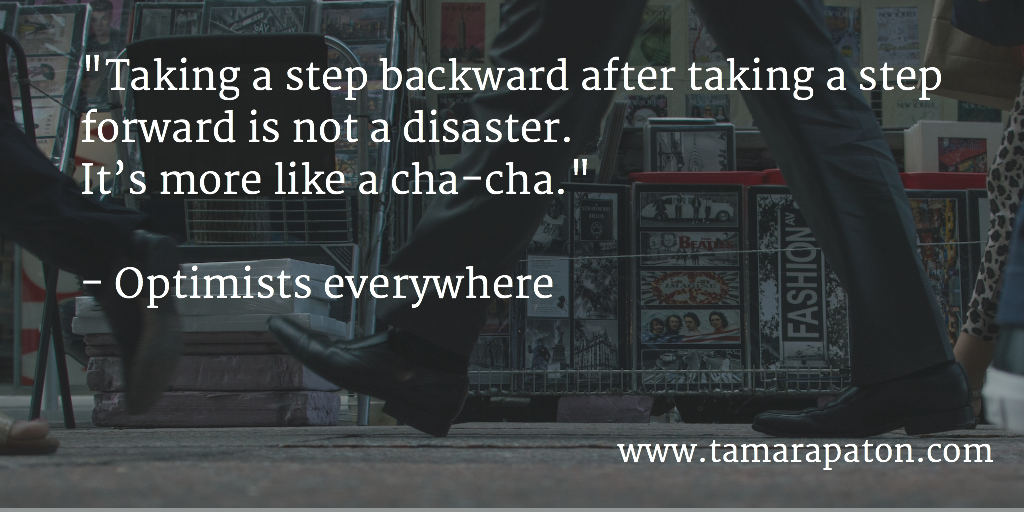

It’s common to think about a board career in terms of the benefits directors enjoy. New knowledge, new contacts, elevated status, and rewarding compensation, to name a few. These benefits come at a cost, however, or, more accurately, from investments.
Perhaps you already invest intentionally in your board career. You dedicate significant time, so much that you can’t imagine doing more. I hear you. A few years ago, I thought I would scream if one more mentor told me to hustle harder.
My frustration eased when I started looking at my board career as a diversified portfolio of investments. I contribute time to organizations and causes. I invest money in training, charitable donations, and the opportunity cost of foregone earnings elsewhere. My return on investment takes the form of lessons learned, a growing professional network, and directors fees.
Although diversification is a sound strategy, adding one more investment to a full and balanced portfolio rarely helps. Rather, it is the way we select and manage investments that boosts our portfolio’s ROI. Focusing our energy on fewer, more impactful activities will help sustain our commitment over the long haul.
Here, we can learn from the pros – my most successful colleagues and clients. I see these directors make smart choices every day, in ways that anyone can emulate.
Consider 4 critical ways successful directors invest in their board careers.
1. Play multiple markets: Build your brand online and offline
There is powerful truth to the expression “leaders are readers.” Bestselling business books are an obvious starting point, but the options are endless. Due to time constraints, I listen to audiobooks. My Twitter lists are a daily destination that reveal current thinking in my areas of expertise.
As you build your knowledge, it pays to share it. Three months after I started blogging, I received my first invitation to speak at a governance conference. Now the invites arrive at a steady pace and have become an efficient way for me to grow my professional network.
Take action: Within Twitter and LinkedIn, find groups and hashtags that relate to your interests and actively listen. Respond to thought leaders’ posts and share your favourite content in your fields of interest.
Before long, you will notice topics that might make an interesting blog post. You needn’t declare yourself as a thought leader. You’ll become one by getting started and making consistent investments.
(As an aside, this free tutorial shows how to set up a self-hosted WordPress site. And this free webinar will get you blogging in no time.)
2. Monitor performance: Seek specific feedback on your strengths
Surprisingly, the strengths you bring to the board table may differ from those you’ve heard about in performance reviews. Your day job may value your technical expertise, but boards need those who collaborate, synthesize and lead with courage. While your spouse teases you for connecting seemingly unrelated subjects, a board will celebrate your ability to do just that.
Take action: Ask your chair for constructive feedback and commit to becoming even more valuable in these areas. Observe how your board colleagues respond to your questions in meetings. Do they sit up and listen when you comment on certain topics? Does the management team express appreciation for the collaborative tone you bring to a tough discussion? Paying consistent attention to these clues pays off for years.
3. Investments in knowledge pay the best interest
I’ve written previously about the value of formal governance education (see here and here). In addition to classroom time, I’m a huge fan of webinars. Deloitte offers industry-specific presentations, and the ICD and the Directors College hold events on governance-related topics.
Take action: Set aside an hour each week for knowledge development. Watch a webinar, attend a workshop or enrol in a governance training program. TED Talks might expand your perspective on a relevant field. The key is to make it a habit that you don’t push aside.
4. An investment in people is an investment in you
Many boards assign new directors a “board buddy,” someone who can offer feedback and advice. Serving as a buddy creates opportunities for me to ask colleagues deep, technical questions beyond what we typically surface in formal meetings.
The role also cements strong relationships quickly. Our mentoring conversations reveal past history and context underlying our interests. After a matter of months, I am closer to these directors than I am to others with whom I have worked for 5 years or more.
Take action: If you are new to a board, ask for a board buddy. And then repay the favour when the next new recruit joins.
With these investments in place, our portfolio benefits from risk management and periodic adjustment. It doesn’t make sense to allow tainted investments drag on the return-boosting ideas listed above. Work with people you respect (and who respect you, in turn). And if you stop learning at a rapid clip, ratchet up the intensity of your role or transition to a new opportunity.
Consistent, intentional deposits into our knowledge bank will encourage far more progress than scattered pursuit of whatever ideas cross our path.
Question: How do you evaluate opportunities to advance your board career? Have these or other ideas yielded above-average returns in your experience? I would love to hear your thoughts via Twitter.










